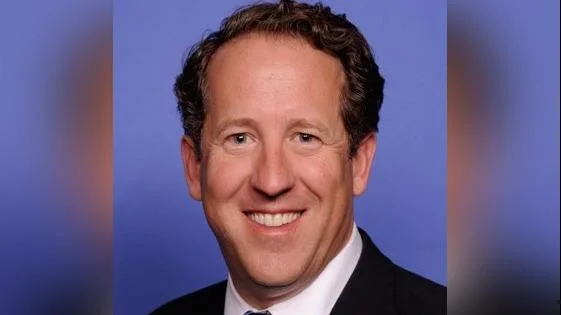Rep. Adrian Smith, U.S. Representative for Nebraska's 3rd District | Twitter Website
Rep. Adrian Smith, U.S. Representative for Nebraska's 3rd District | Twitter Website
Rep. Adrian Smith, Sen. Tom Cotton, Sen. Tim Kaine, and Rep. Abigail Spanberger have introduced the End Drug Shortages Act in a bipartisan effort to address ongoing drug shortages affecting patient care across the United States. As of September 2024, over 275 active drug shortages were reported by the Food and Drug Administration (FDA).
Rep. Smith emphasized the importance of "timely information sharing" to tackle drug shortages and improve health outcomes by enhancing communication between providers and the FDA. He acknowledged his colleagues' collaboration in introducing this legislation.
Rep. Spanberger highlighted issues within the pharmaceutical supply chain, noting that improved communication could help prevent Americans from going without necessary medications. She expressed pride in leading this bipartisan initiative with Senator Kaine, Representative Smith, and Senator Cotton.
Senator Cotton described medical supply chain shortages as life-threatening and stated that their bill aims to strengthen communication processes to ensure access to essential medicines for Americans.
Senator Kaine pointed out the tragic consequences of drug shortages on patients and called for measures to ensure access to required treatments through this bipartisan legislation.
The End Drug Shortages Act proposes several measures:
- Enhanced communication between drug manufacturers, the FDA, pharmacies supporting hospitals, and health systems.
- Mandatory notification from manufacturers to the FDA during demand surges likely causing supply disruptions.
- A defined term "surge" for clarity.
- Consideration of information from patients, healthcare professionals, and manufacturers by the FDA when designating a shortage.
Additionally, it instructs the FDA to finalize guidance issued in October 2021 for hospital pharmacies based on current research and best practices.
Supporters include various organizations such as Angels for Change, American Hospital Association, American Society of Health System Pharmacists (ASHP), Alliance for Pharmacy Compounding among others.
Laura Bray from Angels for Change praised the legislative efforts stating it provides crucial transparency measures during shortages caused by increased demand or decreased manufacturing supply.
Tom Kraus from ASHP commended the act's potential impact on ensuring continuous access to essential medicines through expanded reporting criteria.
Shoshana Krilow from Vizient acknowledged how improved communication proposed by this act could significantly reduce frequency and impact of drug shortages due to surges in demand.


 Alerts Sign-up
Alerts Sign-up